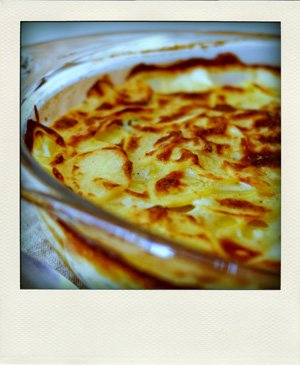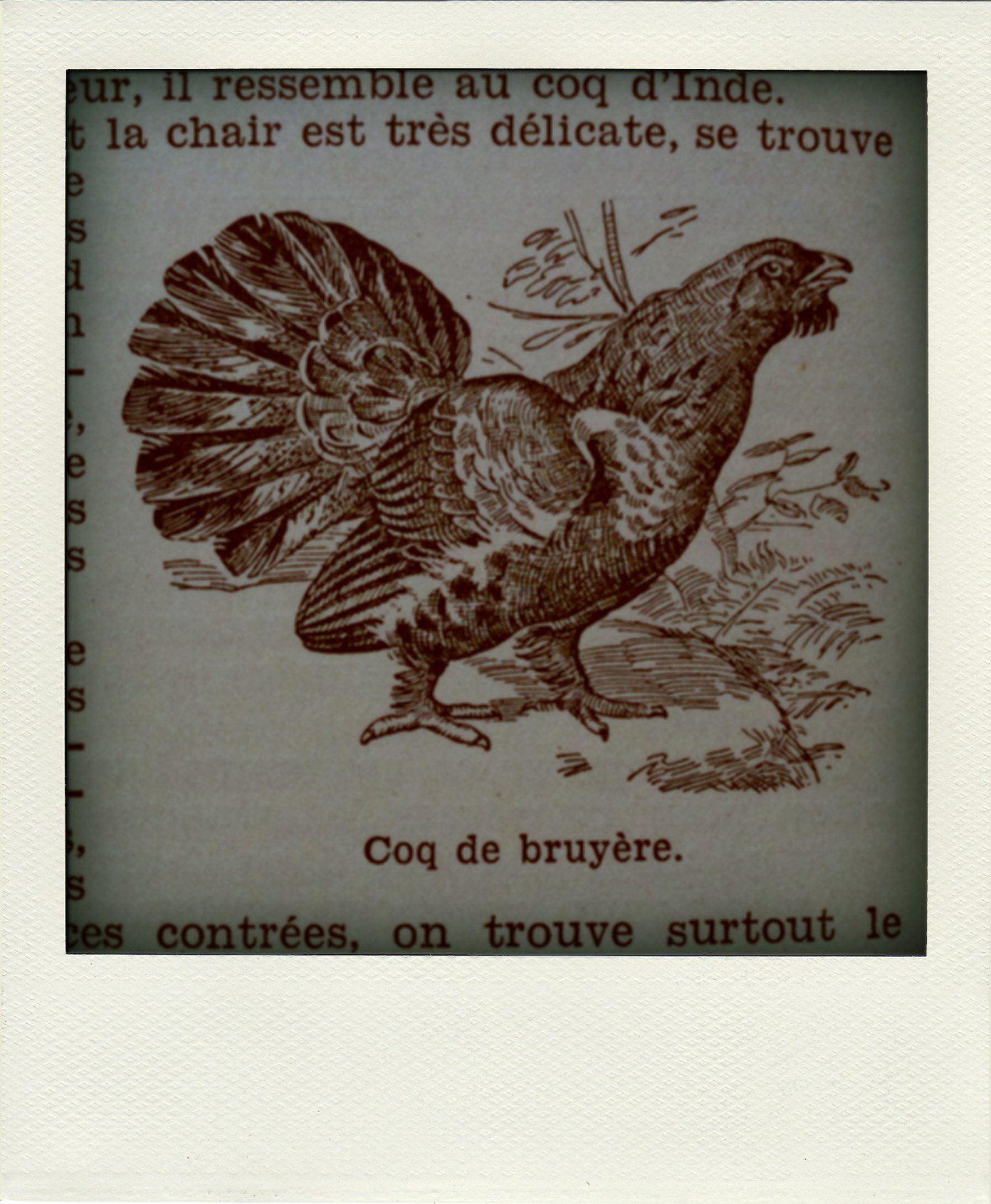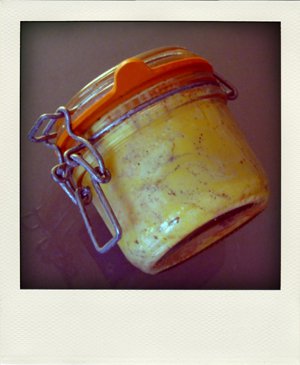
This is part of a series on French idiomatic expressions that relate to food. Browse the list of idioms featured so far.
This week’s idiom is, “Le gratin.”
As cooks may already know, gratin* is the generic French term for preparations (often involving vegetables and some sort of binding sauce) cooked in a baking dish in the oven until the surface browns and becomes crusty.
But it is also a colloquial expression that refers to a social elite, an exclusive crowd who distinguish themselves by their social background, their wealth, their elegance, and/or the select field they work in. It is generally used with a subtle mix of contempt and envy by people who are not a part of that circle.
A close equivalent would be the English idiom the upper crust (before it became a popular name for pizzerias and bakeries).
Though it was originally a matter of social class only, usage of this expression now extends beyond that to consider one’s connections, talent (perceived or real), and popularity: an up-and-coming artist, for instance, can belong to the gratin without being particularly wealthy (yet) or of noble origin. Because of this, the term is often qualified further to specify the traits of the group in question: le gratin du cinéma for the movie crowd, le gratin parisien for the Parisian high society, le gratin mondain for socialites, etc.
It is frequently used with tout (tout le gratin = all the gratin, the whole gratin), which serves to point out that these groups tend to adopt a herd behavior.
Example: “Je suis allée à son vernissage, tout le gratin de la presse était là.” “I went to her vernissage, the whole gratin of the press was there.”
Listen to the idiom and example read aloud:






